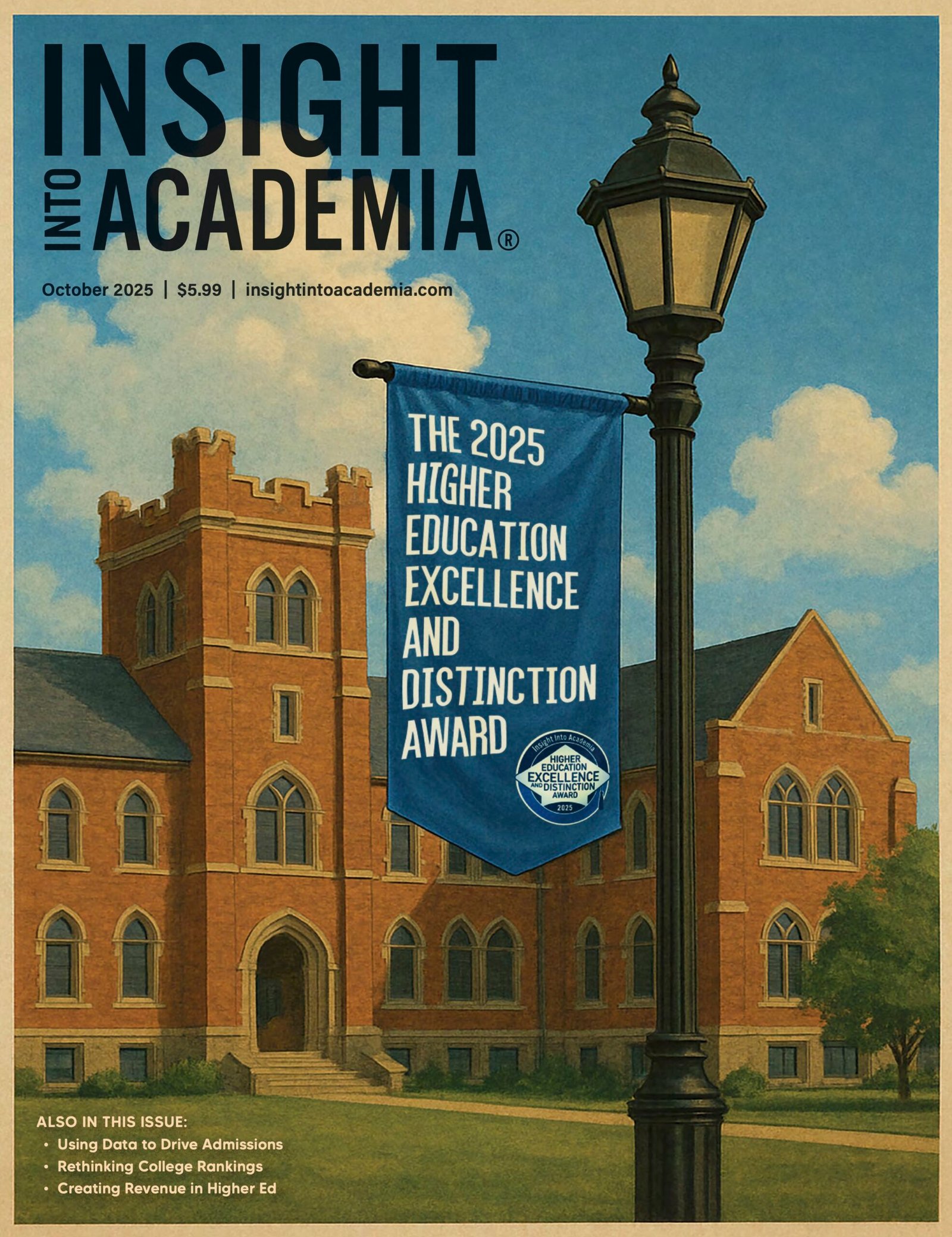As part of a proposed higher education funding bill, Iowa lawmakers recently added a last-minute provision that restricts DEI work on public campuses.
The bill defines DEI broadly as any efforts to influence faculty or student demographics based on race, sex, color, or ethnicity, promote differential treatment, implement policies referencing race, color, or ethnicity, conduct training or activities related to these factors, and endorse specific opinions or concepts related to diversity and inclusion.
Certain offices, however, such as legal compliance offices, academic departments primarily focused on courses, recruitment offices, and student organizations would be unaffected by the bill.
If signed by Republican Gov. Kim Reynolds, public institutions would be prohibited from establishing or maintaining DEI offices, hiring staff for such purposes, compelling diversity statements, or using allocated funds for DEI offices. Exceptions include related academic instruction, research, student activities, guest speakers, and mental or physical health services.
Due to the quick passage of the bill — with limited discussion on DEI issues — the full implications of the proposed policies are still unknown, Jonathan Wickert, senior vice president and provost of Iowa State University, said in a faculty senate meeting last week. The exact impact of the bill is especially murky given that the Iowa Board of Regents adopted similar anti-DEI policies in 2023.
“We are still in the mode of trying to understand this legislation and what it means,” Wickert said in the meeting. “I think we’re in a period of some uncertainty.”















